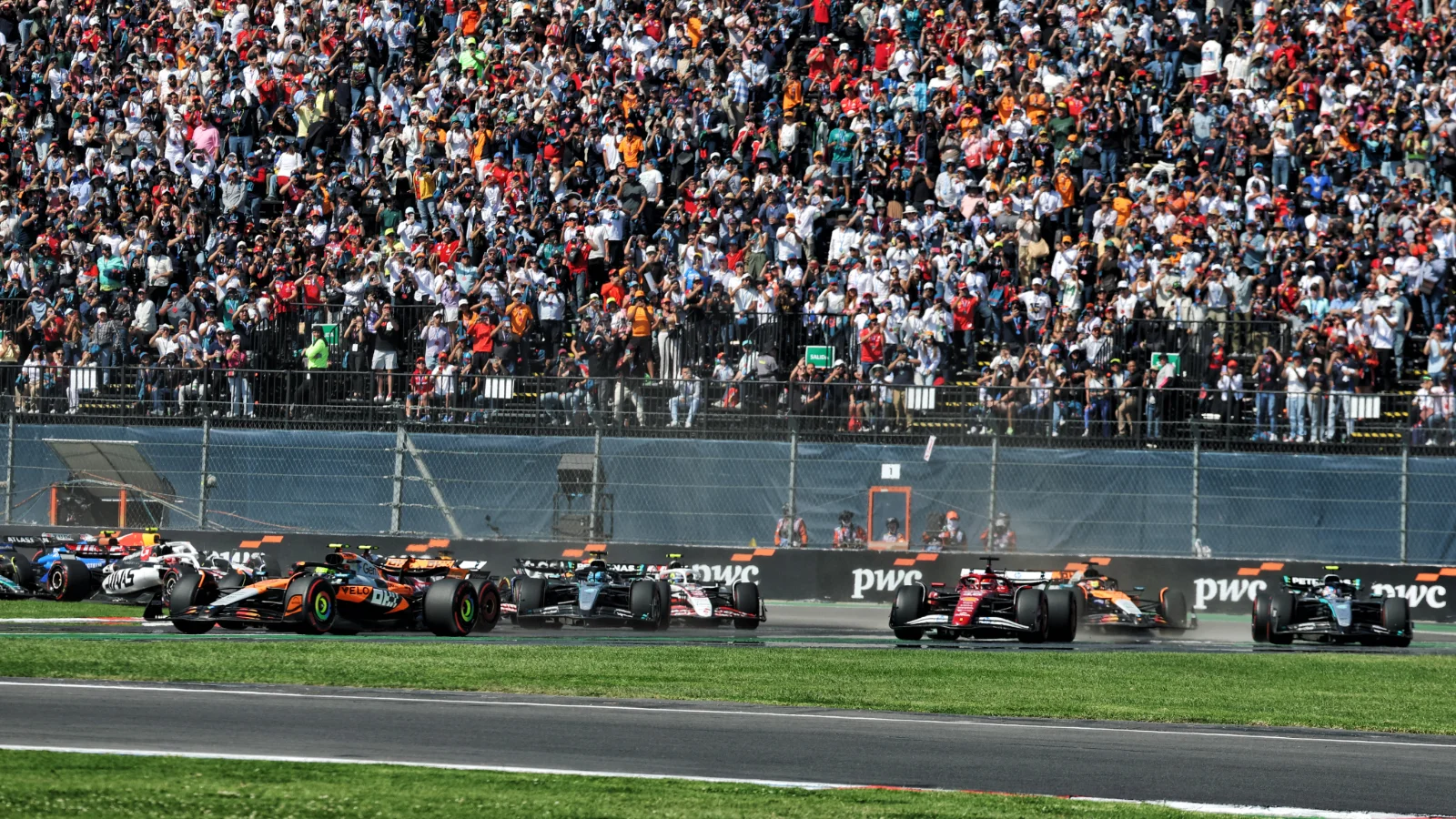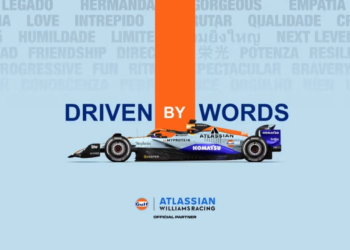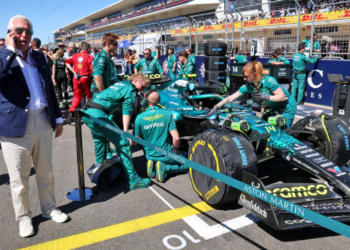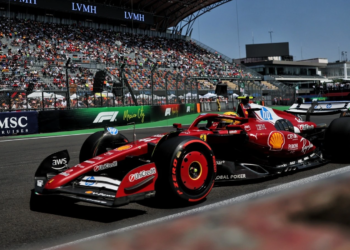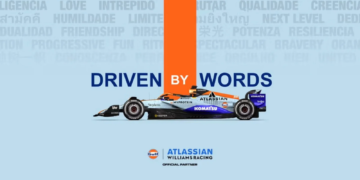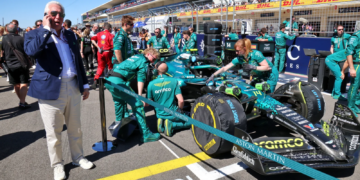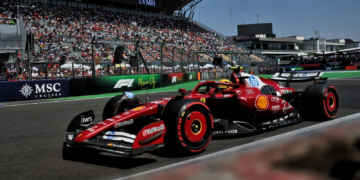The roar of engines, the tension before a race, and the sight of drivers pushing machines to their limits combine to create an unmatched sense of excitement and admiration.
What makes motorsport truly special, however, is not just the thrill of speed but the culture of innovation, discipline, and legacy that it inspires in people of all ages. Much like GameZone’s Tongits, where strategic thinking and focus lead to rewarding gameplay, motorsports represent a powerful blend of skill, passion, and human ingenuity that continues to evolve with every generation.
The birth of a global phenomenon
Motorsport began in the early 20th century when the automobile was still a new invention. The first organized races were tests of endurance rather than speed, as drivers competed to see whose cars could withstand long distances without breaking down.
What started as small contests between engineers and enthusiasts quickly grew into international events that shaped automotive history.
As the sport expanded, it became a proving ground for technology and creativity. Innovations like aerodynamics, improved tire grip, and advanced braking systems all found their roots in racing.
Manufacturers soon began using motorsport competitions not just for entertainment but as laboratories for developing safer, faster, and more efficient vehicles for everyday use.
This unique relationship between competition and innovation helped motorsports earn global recognition. From Formula 1 and MotoGP to rally racing and drag competitions, every form of motorsport contributed to improving the cars and motorcycles that people drive today.
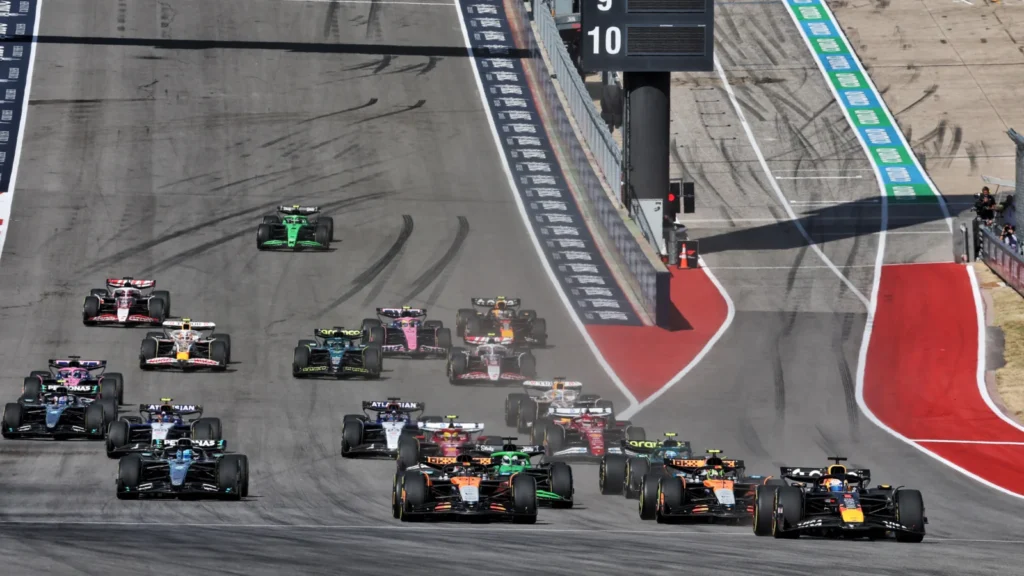
Innovation driven by speed and precision
Every lap in motorsport represents decades of research and development. Engineers and designers constantly push boundaries to make vehicles lighter, stronger, and more responsive. Modern race cars feature advanced materials like carbon fibre, hybrid power units, and telemetry systems that analyse performance in real time.
Formula 1, for example, is one of the most technologically advanced sports in the world. Data collected from races influences everything from energy efficiency to safety systems used in consumer cars.
The pursuit of marginal gains—finding a fraction of a second’s advantage through design and strategy—drives continuous improvement not just in racing but in industries far beyond the track.
Motorsport also encourages collaboration between human skill and artificial intelligence. Today’s teams use predictive analytics, machine learning, and digital simulations to optimize performance before a race even begins.
These advancements have reshaped how engineers think about mobility, energy conservation, and design precision—proof that motorsports are not just about speed but about innovation at its finest.
A passion that spans generations
Beyond the technology and competition, motorsports remain deeply rooted in emotion. Fans often pass their love for the sport from one generation to the next, creating lifelong connections between families and communities.
A grandfather who once watched Jim Clark’s legendary races might now share the same passion with his grandchildren cheering for Lewis Hamilton or Max Verstappen.
This emotional continuity is what makes motorsports timeless. The values it upholds—dedication, teamwork, and resilience—mirror the lessons we apply in everyday life. Drivers and teams remind us that success is not just about talent but about perseverance and preparation.
These lessons inspire young fans to pursue excellence in whatever field they choose, whether in engineering, business, or personal growth.
The sport also has an incredible ability to unite people from different backgrounds. From grassroots go-kart races to high-profile championships, motorsports foster a shared appreciation for precision and performance.
It doesn’t matter where you’re from or what language you speak—when engines start and the lights go green; everyone shares the same anticipation.

The role of motorsport in education and technology
Motorsport has also become a powerful tool for learning. Many universities and technical schools collaborate with racing teams to train the next generation of engineers, mechanics, and designers.
Programs like Formula Student and MotoStudent challenge students to build and race their own vehicles, applying real-world engineering principles in competitive environments.
These opportunities give students hands-on experience in innovation, teamwork, and problem-solving—skills that are vital in today’s technology-driven world. It’s no surprise that many breakthroughs in automotive design, such as electric propulsion systems and energy recovery technologies, were born from motorsport research.
Adapting to a sustainable future
While motorsport has traditionally been associated with fuel consumption and emissions, the industry is now leading the charge toward sustainability. Electric racing series like Formula E and Extreme E are redefining what high-performance competition can look like in an eco-conscious world.
These events showcase renewable energy, electric powertrains, and carbon-neutral logistics. They also send a strong message: speed and sustainability can coexist. As audiences become more environmentally aware, motorsports evolve to reflect new values—innovation with responsibility.
Manufacturers participating in these races develop cleaner technologies that later make their way into everyday electric vehicles, proving once again how motorsport drives progress not only on the track but in society as a whole.

